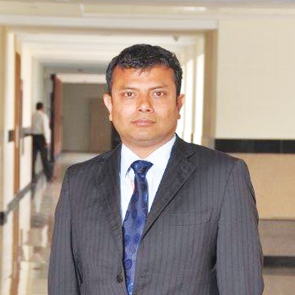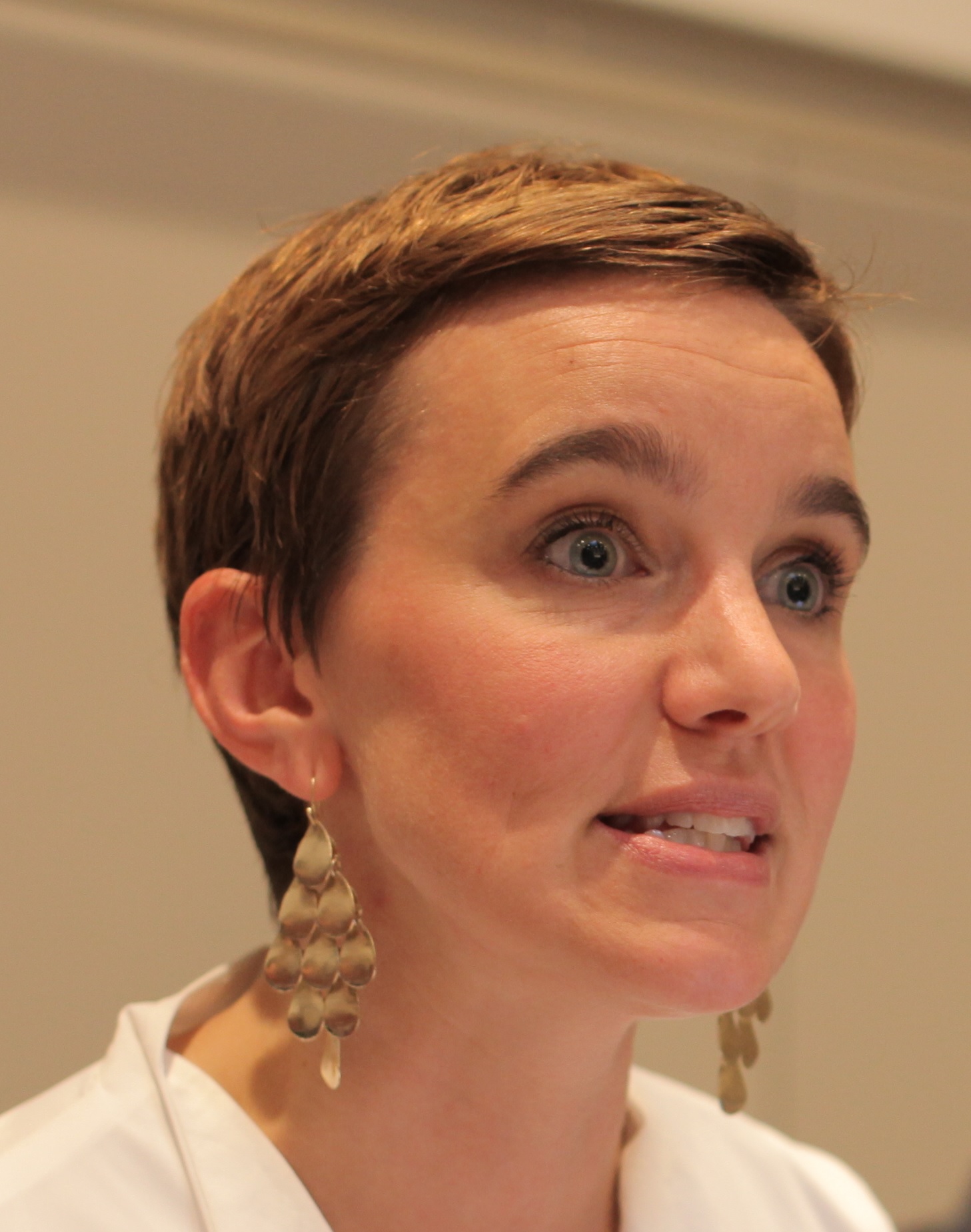2015 WTOat20 Public Forum Cross-Industry Session: Trade Means Business
Date
30 September 2015
Time
17:30 to 19:00
Location
WTO-Rue de Lausanne 154, 1202 Geneva
Attendance
This event has now passed. To browse our upcoming events click here.
Croplife International, Innovation Insights, and IFPMA organized a cross-industry panel at the WTO Public Forum to discuss how trade has changed over the last 20 years in the fields of agriculture, telecommunications and pharmaceuticals.
Harmonization and convergence of trade rules has led to technology diffusion, sharing of know-how and capacity building. The reduction of tariffs and quotas, regulatory changes, and IP protection all played an important role in these positive developments. The panel evidenced the impact trade has on job creation, consumer welfare, and economic growth. The speakers reflected on how the WTO, through its systems of rules, has contributed to a large extent to creating economic opportunities to all types of businesses, and how strong institutions like CODEX are important to provide the certainty and predictability that businesses and consumers need. They also discussed the linkages that emerge in the three different sectors, and how technology, health food, and agriculture are all interrelated to achieve the sustainable development goals. Finally, they highlighted how partnerships play a key role in the growth of global trade, and what is needed for the WTO to keep up with the current and future pace of innovation, as these sectors are moving very quickly.
The moderator was Mr Stuart Harbinson, former Permanent Representative of Hong Kong and WTO General Council Chair. The panelists were Mr Gordon Bacon, Chair, Science, Nutrition and Technical Committee, Global Pulse Confederation; Mr Nilanjan Banik, Associate Professor, Mahindra EcoleCentrale, and Fellow CUTS International, and Ms Becky Fraser, Senior Manager, Government Affairs, Qualcomm.
The event served as the launch platform for the report by the Geneva Network: Pharmaceutical tariffs, trade flows and emerging economies. The co-author, Nilanjan Banik who was also a panelist, gave snapshots of the key findings of this report. Although pharmaceuticals tariffs have reduced from 3.3% in 2006 to 2.8% in 2011 there are still some notably countries, including Argentina, Brazil, India and Russia, who have significant tariff barriers of around 10%.
Program
The 2015 WTO Public Forum has marked the 20 years of progress in the context of facilitating global trade and cooperation. The theme of the event, “Trade Works”, has provided an opportunity for an extensive number of valuable discussions on the subjects of economic growth, strength and stability, access to goods and medicines as, well as the development and cultivation of multilateral and mutually-beneficial relationships worldwide. The occasion has given an opportunity to communicate the challenges and hurdles associated with the future evolvement and improvement of the trade systems globally.
Speakers

Gordon Bacon is CEO for Pulse Canada and is also CEO of the Canadian Special Crops Association, an organization that represents processors, exporters and brokers of all pulses and other crops. Pulse Canada is a national association funded by Canadian pulse growers and the pulse trade. The organization focuses on investigating the role that pulses can play in addressing health and nutritional challenges faced in both developed and developing worlds as well as on the environmental contribution of pulse crops and legumes that require little or no additional nitrogen fertilizer, thereby reducing input use, and production of greenhouse gases. Pulse Canada promotes pulses as part of a “Healthy People: Healthy Planet” strategy. Before joining Pulse Canada, Gordon was Director of Market Development at the Canadian Wheat Board (CWB). He has also served as Senior Policy Advisor to the Minister of State, Grains and Oilseeds in Ottawa; and in various roles with federal and provincial departments of agriculture. He has also been involved in the family farming operation in Saskatchewan.

Nilanjan Banik is an Associate Professor at Mahindra EcoleCentrale, and Fellow CUTS International. Prof. Banik’s work focuses on the application of time series econometrics in issues relating to international trade, market structure and development economics. His other area of work, focuses on the `rules’ part of WTO; especially examining the non-tariff barriers aspect of GATT/WTO agreements. Prof. Banik has project experience with Australian Department of Foreign Affairs and Trade; Laffer Associates (USA); Ministry of Commerce, Government of India; Research and Information System for Developing Countries, RIS (New Delhi); Indian Council for Research on International Economic Relations, ICRIER (New Delhi); Center for Economic Policy Research (UK); Asian Development Bank Institute (Tokyo); Asian Development Bank (Manila); South Asia Network of Economic Research Institutes, SANEI (Nepal); UNESCAP-ARTNeT (Thailand); Australia India Institute, University of Melbourne; and World Trade Organization (Geneva). He has publications in International Review of Economics and Finance, Review of Development Economics, Development Policy Review, Journal of World Trade, Asia Pacific Trade and Investment Review, Asian Development Bank Working Paper, Economic and Political Weekly, Foreign Trade Review, and others. Furthermore, Prof. Banik has contributed to a number of edited volumes with Elsevier, Springer Verlag, Routledge, and various others. Additionally, he has written over 150 editorials for a vast number of English dailies in India.

Becky Fraser is a Senior Manager of Government Affairs at Qualcomm. She advices on international trade policy developments, leads advocacy and analysis efforts, as well as internal and external communication regarding the importance of international trade to Qualcomm’s business. Ms. Fraser previously worked at the U.S. Chamber of Commerce, where she held a Director position, and focused on improving the U.S.-China commercial relations by advocating for the Chamber’s policy priorities with members of Congress, the executive branch, Chinese government ministries, association partners, and the diplomatic community.


